
Shot at the Border: One Man's Story

Cochise County Attorney Ed Rheinheimer sits down for an interview on Tuesday, June 26, 2012.
(Brad Racino)
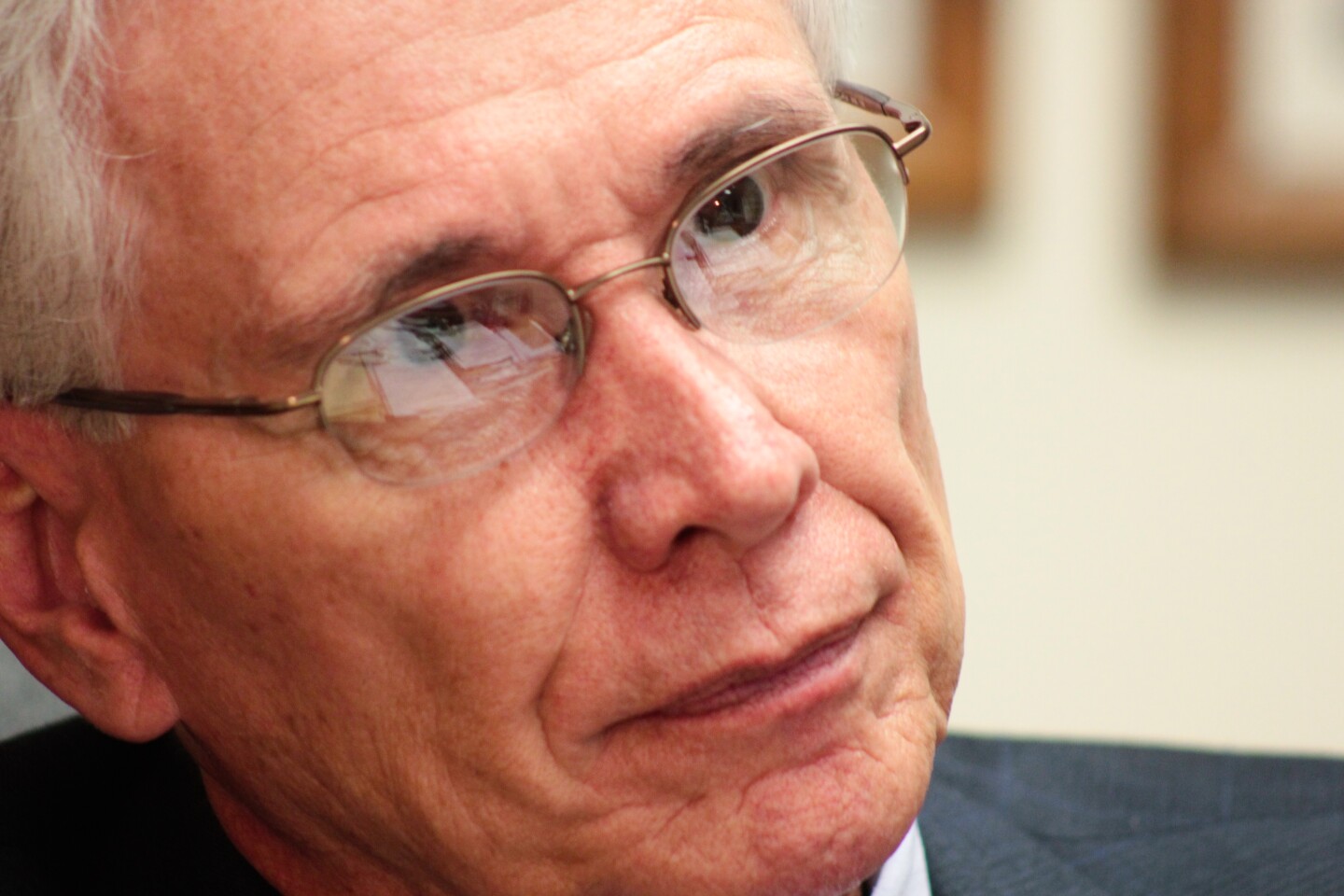
Once you introduce politics into the criminal justice system, said Cochise County Attorney Ed Rheinheimer, "you no longer have a criminal justice system." On Tuesday, June 26, 2012
(Brad Racino)
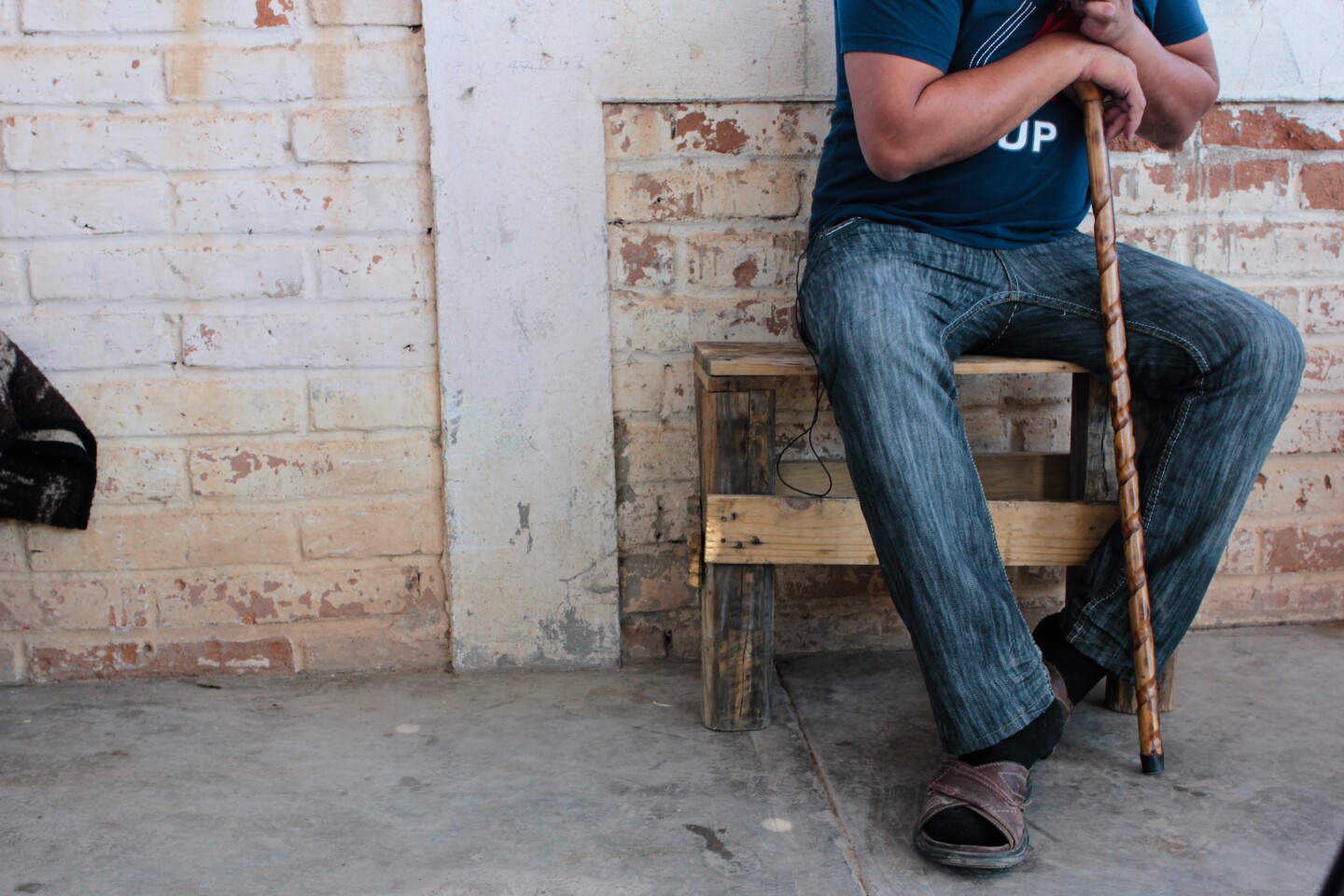
Since being shot by a U.S. Border Patrol agent in November 2010, Jesus Castro Romo has been walking with a cane. "With time… the nerve will be crooked. That is how I will remain," he said on Wednesday, June 27, 2012.
(Brad Racino)
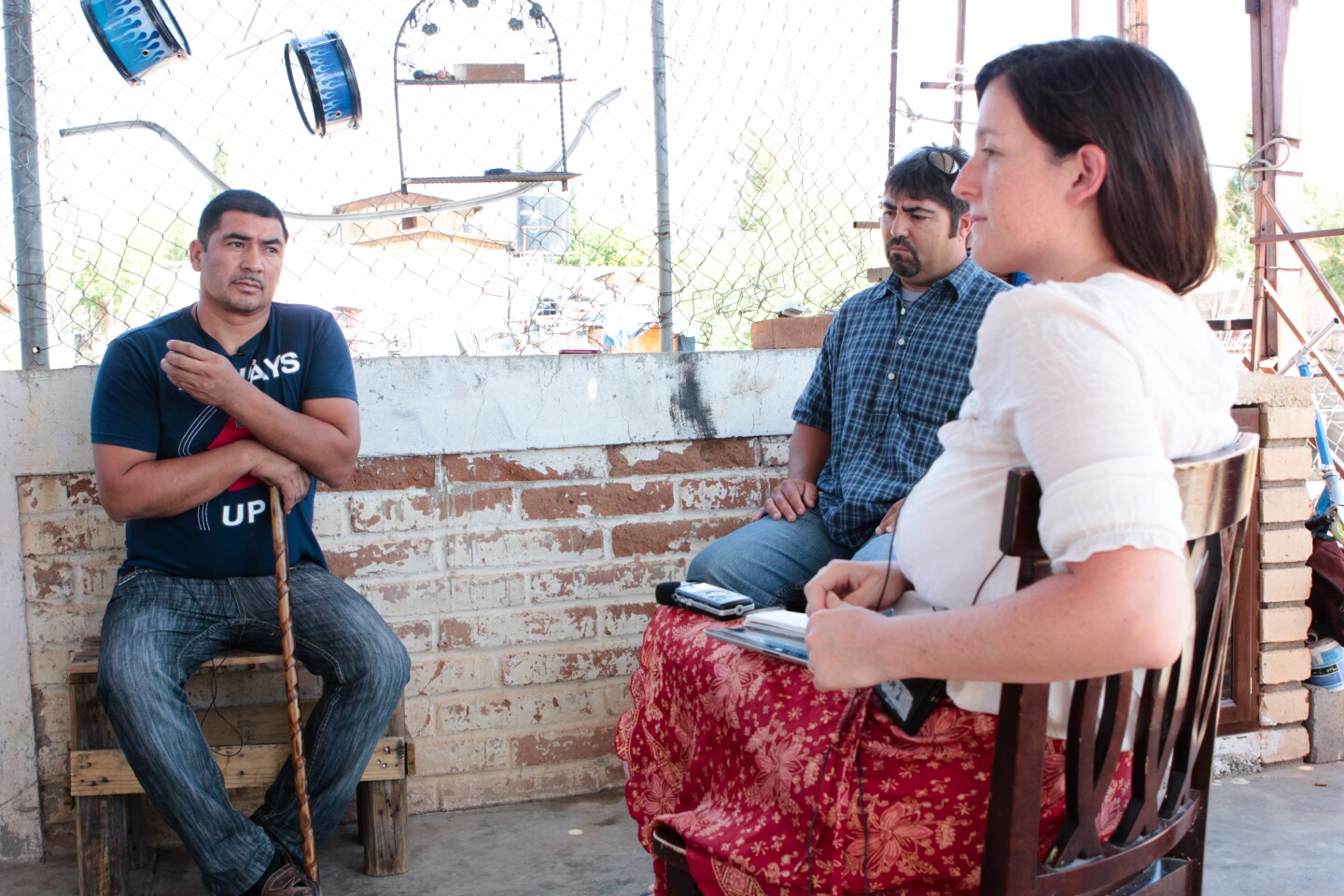
Jesus Castro Romo speaks with legal investigator Marcelo Ruiz and reporter Roxana Popescu at his home in Nogales, Mexico, on Wednesday, June 27, 2012.
(Brad Racino)
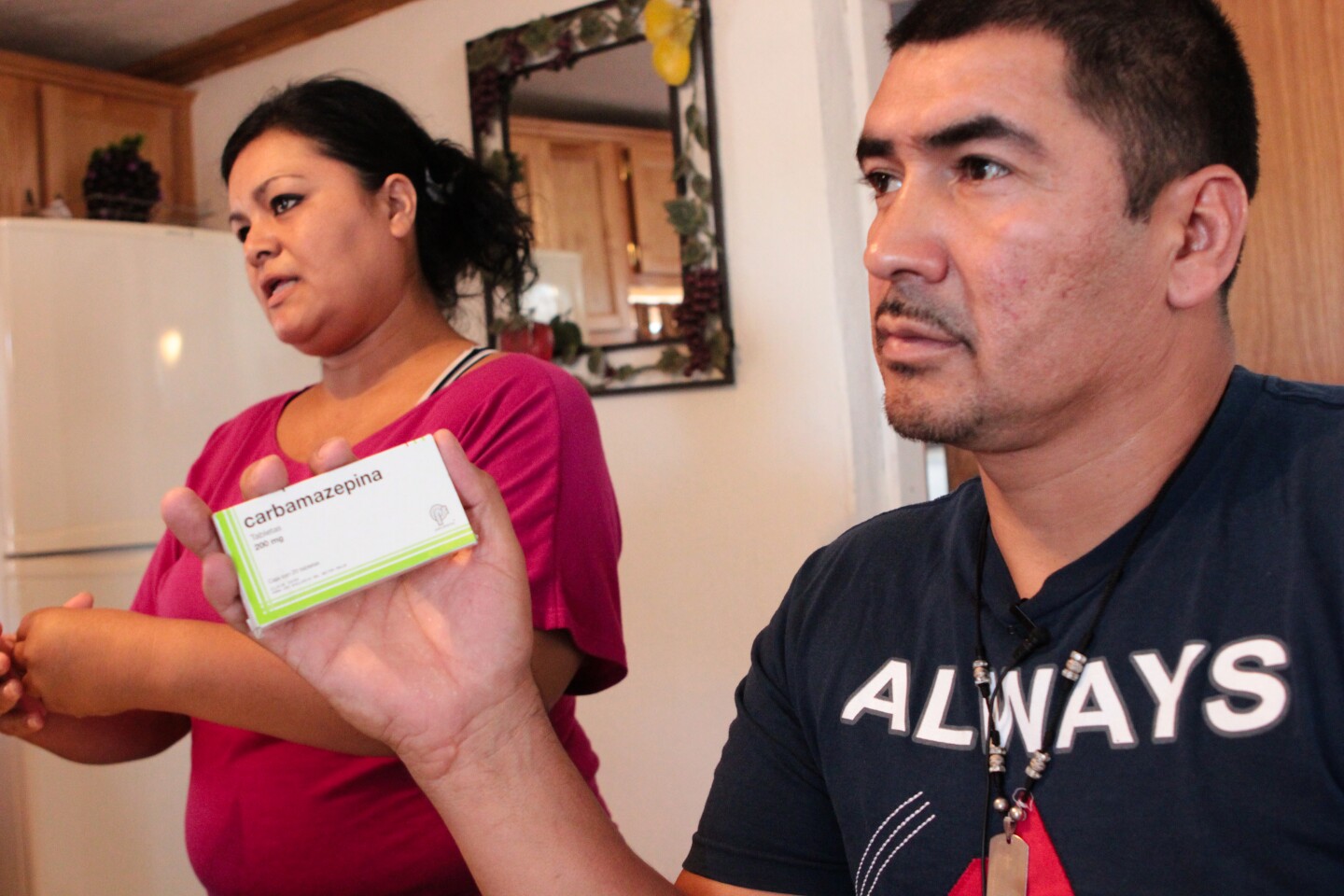
Jesus Castro Romo takes various pills for various kinds of pain..."I am in pain all the time," he says. "The medicines have no effect" on Wednesday, June 27, 2012.
(Brad Racino)

Jesus Castro Romo's various pain medications lie in a bin on his dining room table. "They told me to go to the center for pain (management) so that I would not take pills anymore because they are affecting my stomach," he said. "Since the.medications are strong, they can cause me side effects on my pancreas or kidneys. They are already affecting me, and it is best to go to a place where mentally I can cure my pain more with the mind. So that I am not in pain." On Wednesday, June 27, 2012.
(Brad Racino)
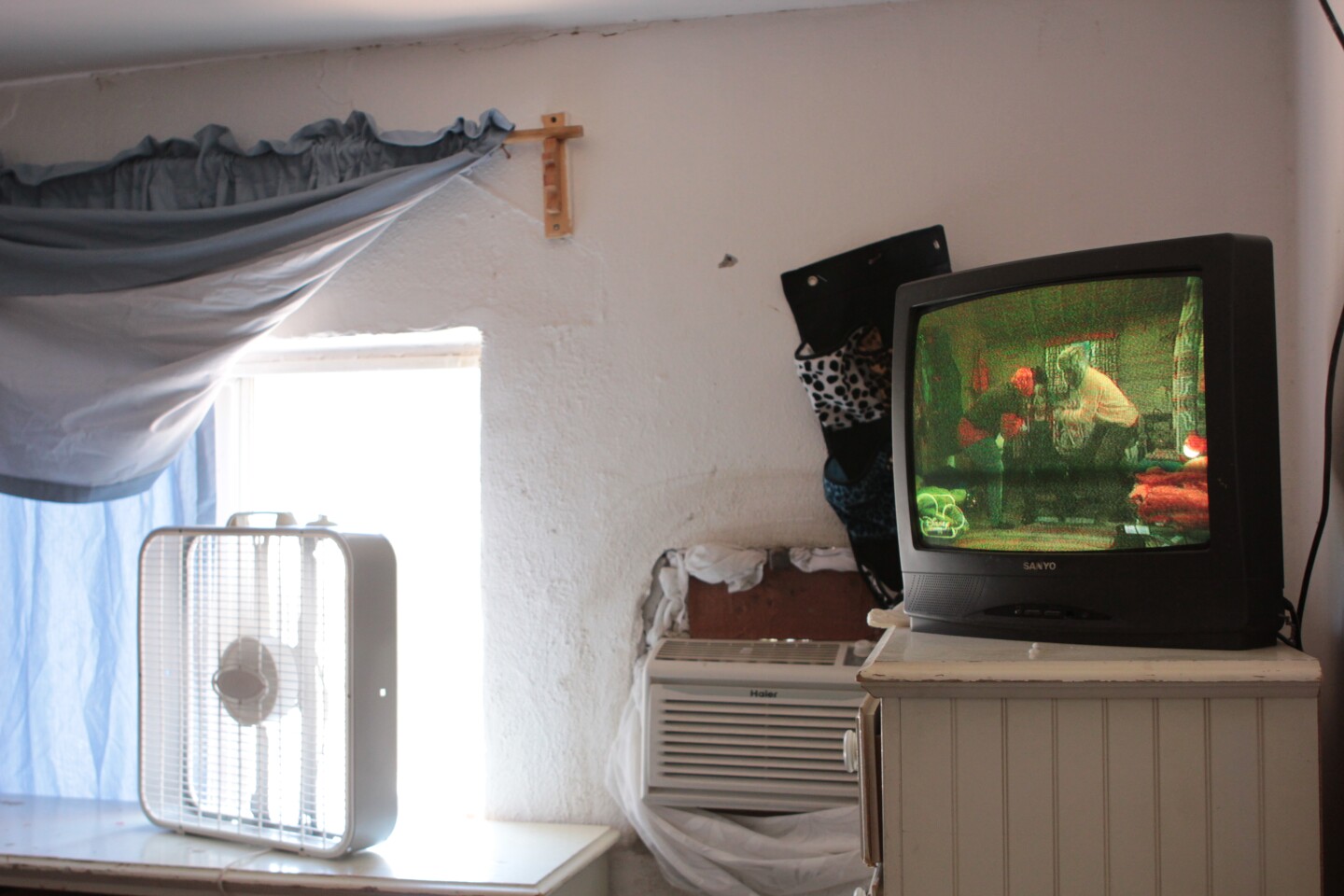
This room is where Jesus Castro Romo spends much of his time.
"Here, I spend my time in bed watching television… They call me the soap opera guy," said Castro Romo on Wednesday, June 27, 2012.
(Brad Racino)
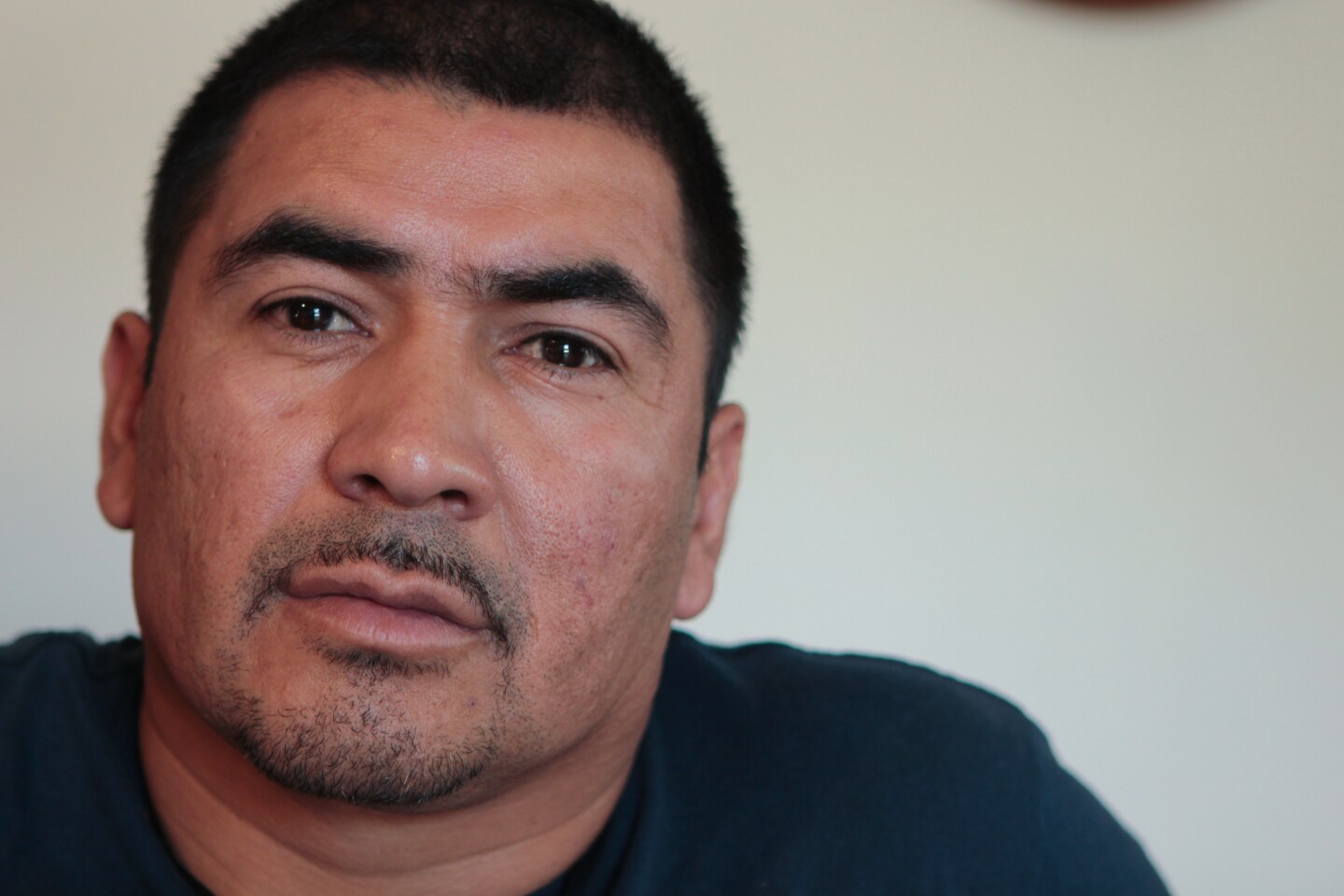
Jesus Castro Romo, 39, claims a Border Patrol agent beat him, hurled insults at him and then shot him in the side before riding away. Castro Romo says he waited in the desert for an hour and a half, bleeding through his clothes, thinking about his children and preparing himself for death. An emergency crew returned and airlifted him to University Medical Center in Tucson. In January 2012, Castro Romo sued the U.S. government in January.
(Brad Racino)

Despite a drop in apprehensions of illegal immigrants, altercations involving border patrol agents and migrants have risen in recent years. Rock throwing by migrants at agents grew by almost 25% between 2007 and 2010 according to data from Customs and Border Protection. And fatal shootings of migrants by agents have also grown steadily, from 1 in 2008 to 5 in 2011.
(Brad Racino)
1/9
